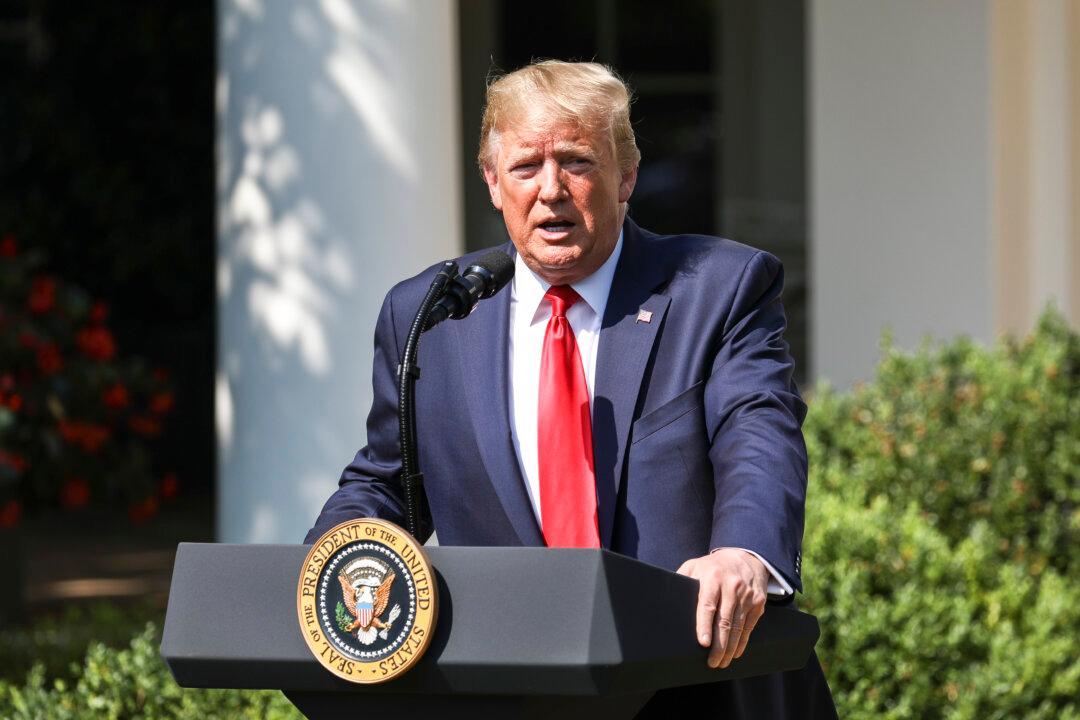President Donald Trump has commuted the sentences of two individuals and granted full pardons to five others who had already served sentences for non-violent crimes, the White House announced on July 29.
The White House announced that Trump has commuted the prison sentences of Ted Suhl, an Arkansas man who was convicted for partaking in a bribery scheme related to Medicaid payments, and Ronen Nahmani, who was convicted for selling synthetic cannabinoids. The men’s sentence commutations were strongly encouraged by leaders and prominent figures in the men’s home states and from across the political spectrum.




